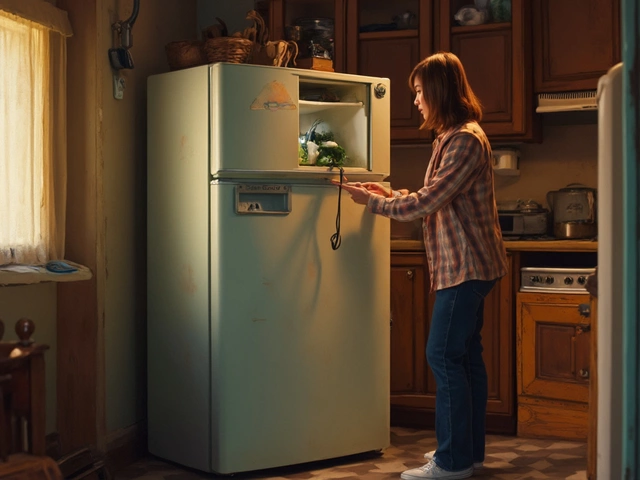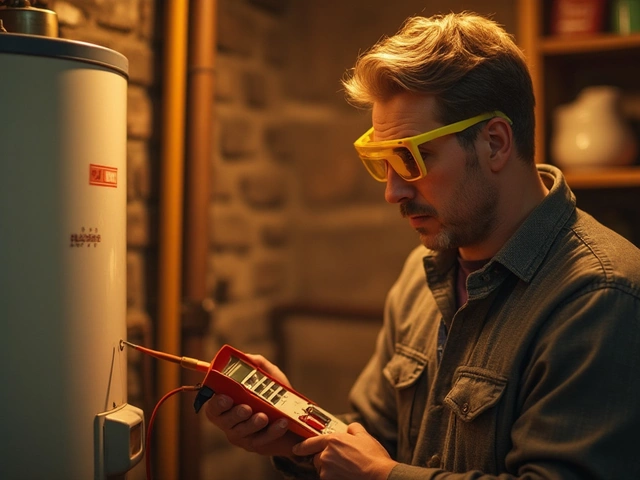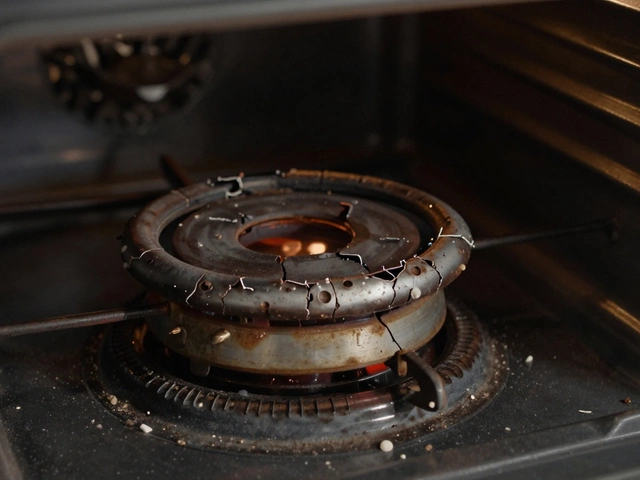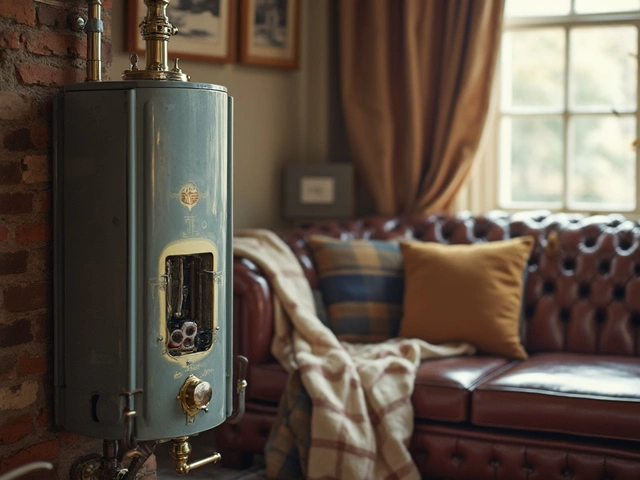Ever wondered why some appliances have stickers, labels, or a weird certification logo? Those markings are more than décor – they’re legal requirements that keep you safe and your bills low. In the UK, a set of rules governs everything from the wiring inside a washing machine to the energy label on a fridge. Knowing the basics helps you avoid fines, make smarter buying choices, and understand what a repair technician is actually fixing.
The cornerstone of appliance safety is the Electrical Equipment (Safety) Regulations 2016. Any device plugged into the mains must meet this rule, which ensures it won’t cause electric shocks or fires. That’s why you’ll see the UKCA (or older CE) mark on most new gadgets – it proves the product has passed the required tests.
If you’re dealing with gas‑powered appliances, the Gas Safety (Installation and Use) Regulations apply. Only a qualified Gas Safe engineer can install or service boilers, cookers, or water heaters. Trying a DIY fix on a gas boiler isn’t just risky; it’s illegal.
For built‑in kitchen units, the Building Regulations Part L sets performance standards. When you replace a cooker or oven, the new unit must meet the current energy efficiency class. Ignoring this can lead to costly re‑inspections and higher energy bills.
Energy‑saving labels aren’t just marketing fluff. The Energy Labelling Regulations require every fridge, freezer, dishwasher, and washing machine to display a rating from A+++ to G. Since 2021, the scale has been updated, so a “B” label today is more efficient than a “B” from a few years ago.
Couple that with the EcoDesign Regulations, which set minimum performance benchmarks for standby power use and water consumption. Manufacturers that don’t meet these standards can’t sell their products in the UK market.
Finally, the Waste Electrical and Electronic Equipment (WEEE) Regulations put the onus on you to recycle old appliances responsibly. When you drop off a broken fridge at a collection point, you’re helping keep hazardous materials out of landfill and complying with the law.
Understanding these rules has practical payoffs. If a repair technician says a component is “non‑compliant”, they’re not just being picky – the part may no longer meet safety or energy standards, meaning a replacement is the only legal option. Likewise, buying a second‑hand appliance without checking its certification can land you with a device that fails to meet current regulations, potentially voiding insurance coverage.
So before you shop, check the label for UKCA or CE, note the energy rating, and ask the seller if the model complies with the latest eco‑design rules. When a repair is needed, request proof that the replacement part meets the same standards. Doing a quick check now saves you headaches, extra costs, and possible legal trouble later.
Bottom line: appliance regulations protect your safety, your wallet, and the environment. Keeping an eye on the marks, labels, and certification dates turns a routine purchase or repair into a smart, compliant decision. Got a broken cooker or a noisy fridge? Talk to a qualified professional who knows the regs – they’ll fix it the right way, and you’ll stay on the right side of the law.

This article breaks down what an appliance standard really is and why it matters when you’re buying or servicing home appliances. You’ll learn about the rules that keep appliances safe and efficient, plus tips for spotting compliant models. It explains how standards affect your bills and the planet. Real-world examples make it clear and easy to understand. Use this guide to make smarter choices about your appliances.

When your refrigerator suddenly stops working, it can cause quite a panic. But before calling in the repair services, there's one crucial thing you should check first: the power source. This step is often overlooked but can save you both time and money. Reliability and efficiency in troubleshooting can help bring your fridge back to life or at least determine the next best steps.

Diagnosing a faulty hot water heater element can seem daunting, but it's an essential skill for any homeowner. Key indicators like water temperature issues, noises, and prolonged heating cycles are telltale signs of a bad element. This article provides practical advice on how to inspect and test your heater element using accessible tools. Also included are safety tips and maintenance recommendations to extend the lifespan of your water heater.

If your oven won't heat up, it's usually a simple fix-like a broken element, faulty thermostat, or blown fuse. Learn the most common causes and how to diagnose them yourself before calling a repair technician.

Wondering if you can still use your oven with a broken heating element? This article breaks down what actually happens when the heating element fails and what your options are. Learn about safety concerns, possible workarounds, and when it’s smarter just to fix it instead of limping along. Get tips on recognizing a bad element and ideas for a cheap, fast repair. Find out what really works and what won’t, straight from someone who’s fixed more than a few ovens themselves.

Water heaters don't last forever, so it’s important to know how long yours might stick around. Generally, these devices are built to last about 8 to 12 years, but several factors can influence their longevity. By understanding signs of wear, maintenance tricks, and when it's time to say goodbye to your old model, you can ensure hot showers won't become a thing of the past. Let's break down everything you need to know about your water heater's lifespan.